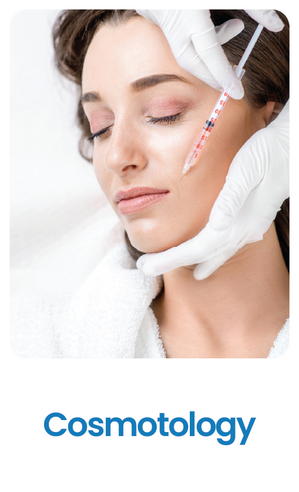Fissure Anal
An anal fissure is caused due to a small slit or tears in the lower rectum (anus) line. People with anal fissure can have severe pain and bleeding when passing hard or large tools. Hence, it is immediately needed to consult with the doctor.

Fissure Anal Treatment in Bangalore
What causes fissure anal?
Anal fissures or fissure anal is usually occurred in any resulting in abnormal bowel movements due to injury to the passing canal. It can also when the blood flow to the area is decreased.

Signs and Symptoms
Extreme or shooting pain in the anus and Bleeding during bowel movements are some of the few anal fissure symptoms. If you experience any of these signs, immediately rush to the doctor.
Fissure Anal Diagnose
Consulting with your doctor is the best remedy to get all your answers clear as well as to get the best treatment option.
During the diagnosing process, your doctor will do a rectal examination by inserting a gloved, a lubricated finger into the rectum to feel the fissure. To view the anal fissure visual examination is administered.
The healthcare professionals perform other medical tests such as anoscope, proctoscope, biopsy, or sigmoidoscope.

Fissure Anal Treatment

Most of the fissures heal themselves and do not require further treatment. However, if the fissures do not heal and symptoms persist, then you may have to undergo other treatment options.
Your doctor will employ nitroglycerin externally to increase the flow of blood to the fissure. Nitroglycerin is generally recommended as one of the treatment options if the conservative method fails.
Your doctor may prescribe numbing cream to make the bowel movements less painful and ointments/creams recommended by your doctor in soothing the affected areas.
Sitz bath, which is a special type of warm water bath, can help in healing the fissures and make you feel better.
Botox (Botulinum toxin) is one of the procedures to treat both acute and chronic anal fissures.
Surgical Process
If the fissure anal is chronic or failed to respond to other treatments, or your symptoms continue, your doctor will advise you to undergo surgery. The procedure is performed using general anesthesia or with a spinal anesthesia. The type of treatment is generally perform using lateral internal sphincterotomy (LIS), by making a small incision of the anal sphincter muscle to reduce the spasm, and minimize pain, and helps in promoting the healing process.
The sphincterotomy can be performed either open sphincterotomy or a closed sphincterotomy process.

Post-Surgery Care
The sphincterotomy procedure is done as an outpatient, and the patient can return home on the same day with a self-care assistant. However, the doctor will advise you with diet, which also includes fiber intake of foods.
Potential Complications
The surgery performed for fissure anal is more effective than any other treatment options, but with certain complications. Infection, bleeding, and fistula development are some of the potential complications. Moreover, surgery has a risk of incontinence (severe complications). Hence, getting consulted with an experienced doctor helps in the right treatment process with achievable results.





